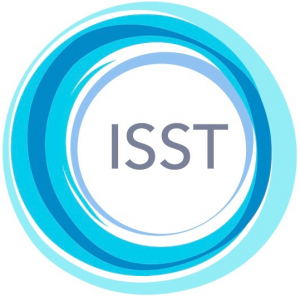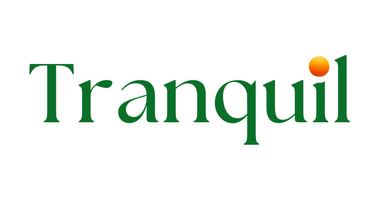Therapeutic models
I utilizes several therapy models, each tailored to specific needs. These include:
Schema Therapy: This long-term approach, developed by Dr. Jeffrey Young, addresses deep-seated patterns (schemas) originating from unmet childhood needs. It combines elements of CBT, psychodynamic, Gestalt, and attachment theories to heal these schemas and modify maladaptive coping behaviors. It’s effective for personality disorders, PTSD, anxiety, and OCD. I has completed ISST-approved schema therapy training and is currently under supervision for schema therapy certification.
Cognitive Behavioral Therapy (CBT): A short-term, evidence-based therapy, CBT focuses on the connection between thoughts, feelings, and behaviors. It identifies and challenges distorted thought patterns that contribute to psychological distress, teaching practical coping and problem-solving skills. It’s recommended for various conditions, including depression, anxiety, PTSD, and psychosis.
Acceptance and Commitment Therapy (ACT): emphasizes acceptance of distress rather than directly changing negative thoughts. It encourages clients to commit to behavioral changes aligned with their values, regardless of internal experiences.
Dialectical Behavior Therapy (DBT): is evidence-based for Borderline Personality Disorder and emotional dysregulation. It balances acceptance with change, aiming to reduce harmful behaviors and improve emotional regulation.
My therapeutic approach, encompassing Schema Therapy, CBT, ACT, and DBT, is fundamentally grounded in an existential viewpoint, assists clients in constructing personal significance even amidst suffering; promotes authentic living aligned with individual values; and facilitates the confrontation of existential concerns such as death, isolation, freedom, and meaninglessness.
158 Nguyễn Văn Thủ, Dakao, District 1, Ho Chi Minh city
Contact
info@tamly.org
+84 933 830 375 (Whatsapp)
© Copyright 2021 - 2025 Tranquil






